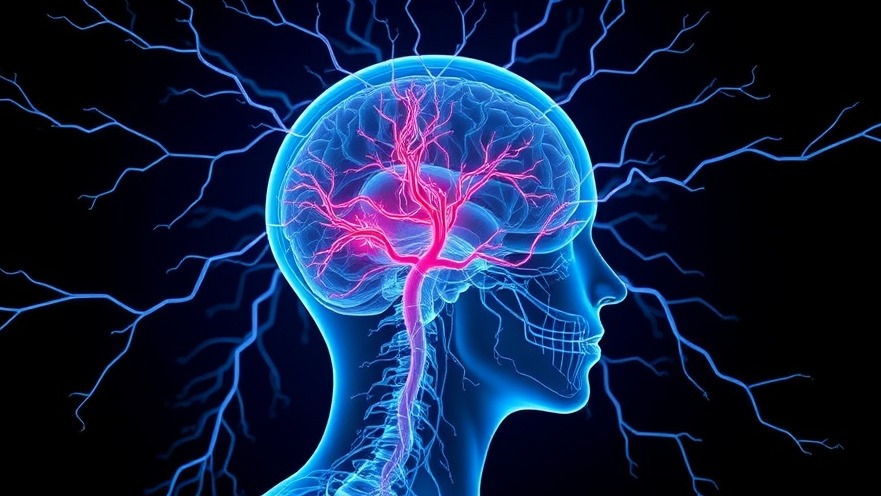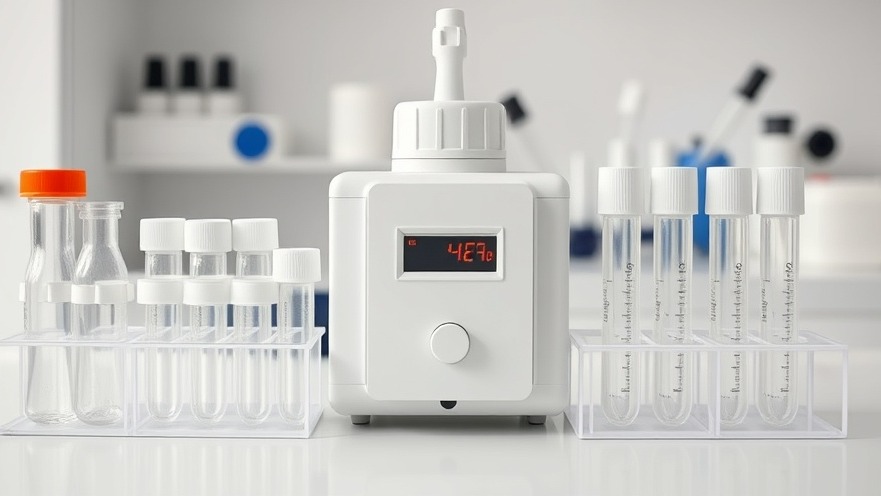
Revolutionizing Early Diagnosis of Parkinson's Disease
Parkinson's disease, a debilitating neurodegenerative disorder, has long plagued both patients and healthcare providers with its often-late diagnosis, notoriously based on observable motor symptoms. The wait for a definitive diagnosis can mean that vital early intervention strategies are missed, as brain damage may already be irreversible by the time clinicians recognize the disease. However, groundbreaking research from the PRODI Center for Protein Diagnostics at Ruhr University Bochum suggests a new dawn in diagnosis: a spinal fluid biomarker that may allow for significantly earlier detection of Parkinson's disease.
The Role of Alpha-Synuclein Misfolding
The discovery centers around abnormal changes in the protein alpha-synuclein, a critical player in the pathogenesis of Parkinson's disease. Normally, this protein helps with neurotransmitter release, but when misfolded, it forms sticky oligomers that aggregate into large Lewy bodies, a hallmark of the disease. Professor Klaus Gerwert, the director of PRODI and CEO of betaSENSE, emphasizes the importance of this misfolding process, stating, "The understanding of misfolded αSyn as a significant pathological change opens new avenues for innovative diagnostic tools.” Tracking the misfolding of this protein in spinal fluid could therefore directly correlate with disease progression and therapeutic response, giving healthcare practitioners a powerful tool in their diagnostic arsenal.
Clinical Validation and Advanced Technology
In their study, which includes data from 134 patients spanning two clinical cohorts, the researchers demonstrated over 90% sensitivity and specificity in diagnosing Parkinson's disease by measuring αSyn misfolding in cerebrospinal fluid. This high accuracy hinges on the innovative use of betaSENSE's proprietary immuno-infrared sensor (iRS) technology, which allows for precise measurements that can significantly reduce the chances of misdiagnosis. Such technology promises to deliver reliable diagnostics that can enhance patient outcomes by enabling earlier treatment interventions.
Why This Matters for Concierges and Healthcare Practitioners
As concierge health practitioners strive to offer bespoke care that is not only reactive but also proactive, staying abreast of technological advances like this new biomarker is essential. Early detection leads to prompt interventions, which can dramatically improve patient quality of life, particularly in degenerative diseases like Parkinson's. The emphasis on personalized medicine means that practitioners can utilize this information to tailor individual treatment plans more effectively.
Opportunities for Implementation in Practice
While this outstanding development in Parkinson's diagnostics is still in research stages, practitioners can start preparing to integrate advances in spinal fluid analysis into their practices. Consider educating your staff on the implications of these biomarkers in routine screenings and the potential for using advanced testing technologies to enhance diagnostic accuracy. As more evidence and clinical trials emerge, having a foundational understanding of these biomarkers will position you as a leader in effective patient care.
Looking to the Future: Emerging Trends in Parkinson’s Diagnostics
This fresh insight into the biomarker landscape could catalyze further research, urging health technology companies to strive for similar innovations across other neurological disorders. Screening tools designed for early disease detection will likely begin to emerge across various platforms, leveraging technology to reshape patient care and disease management for conditions that historically have suffered from late diagnoses.
Final Thoughts: Why Staying Informed is Crucial
As the field of neurology witnesses exciting developments, understanding and implementing these innovations can lead to improved patient care and health outcomes. Concierges and other healthcare practitioners should continuously seek out the latest research developments to remain informed and equipped to make the best healthcare decisions for their patients. The transition from traditional diagnostic methods to utilizing scientific innovations like spinal fluid biomarkers will redefine how diseases such as Parkinson's are approached in the future.
If you're interested in learning more about how this groundbreaking development might impact your practice, consider exploring resources and webinars provided by professional organizations focusing on neurology and innovative healthcare technologies.
 Add Row
Add Row  Add
Add 






Write A Comment